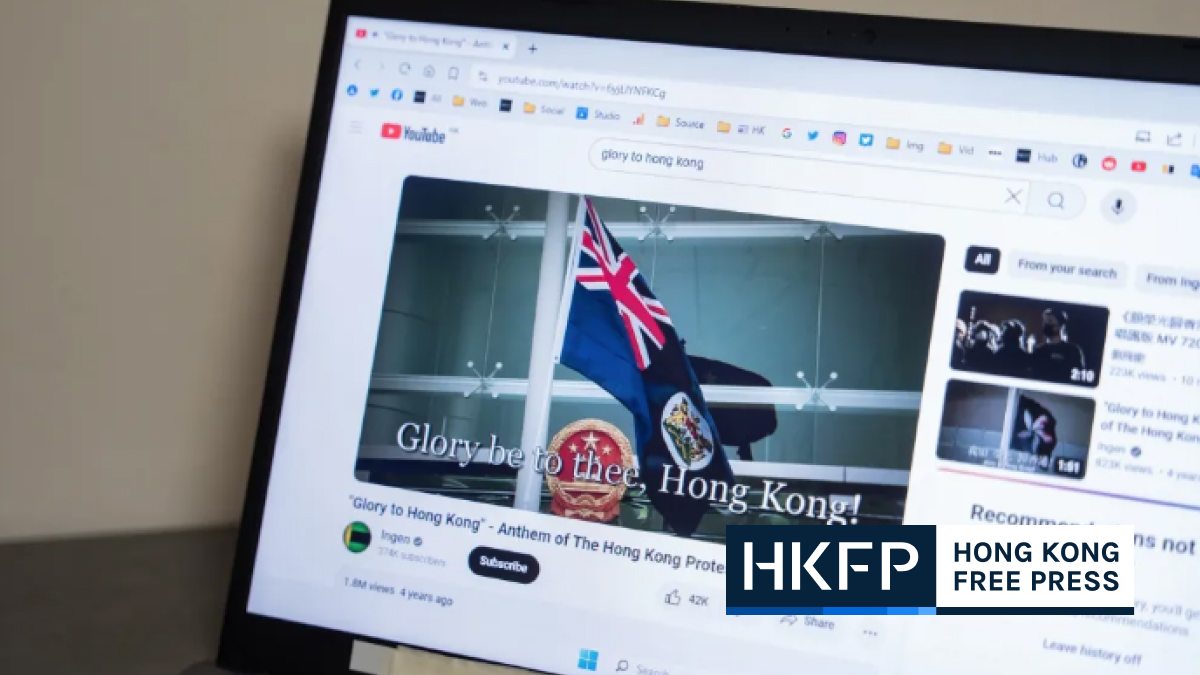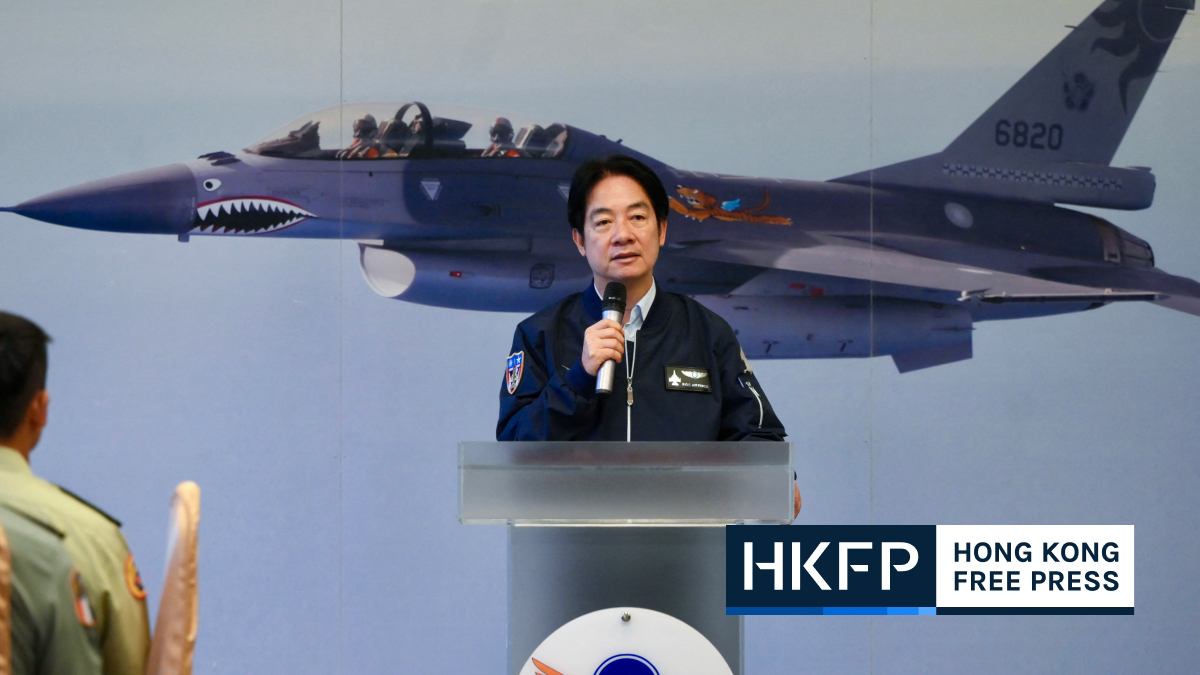By Dan Martin and Jessica Yang
When Olympic champions at the 2022 Beijing Winter Games are handed their customary bouquets on the medal stand, no one will be prouder than Shanghai pensioner Mou Guoying.
She and around 150 others — mostly elderly women — have spent the past three months painstakingly crocheting the wool-yarn roses that will become the centrepieces of the medallists’ posies.

“I’m sure that when I see the athletes holding the bouquets, wearing the medals, and then taking them to their countries, I’ll feel very proud in my heart and very happy,” said the octogenarian.
The women have produced 4,400 roses — meant to symbolise the blossoming careers of the successful athletes — for more than 1,200 bunches of flowers.
A woollen version was chosen because, unlike a perishable real bouquet, it can serve as a lifelong keepsake.
The pensioners are part of a crafting club at an activity centre for women and children that has become known nationally for its members’ skills.
Those skills are evident in the finished product, a long metal stem wrapped in green yarn sprouting leaves on the way up to exquisite, tightly clustered crimson rose petals.
Before the Olympics, the women spent much of their time making high quality sweaters, socks, scarfs, hats and even whole dresses for charitable associations, which were typically then donated to the needy to help them through China’s chilly winter.
A range of government organisations and businesses also routinely commission the club to create various items as gifts.
‘Made with love’
To members like 68-year-old Huang Hongying, who grew up wearing clothing handmade by parents and grandparents, it’s a labour of love.
“We knit with love, to inherit love, and spread love,” Huang said. “We’re deeply and affectionately attached to knitting.”
Their Olympic contribution — a project brought to them by the Shanghai Women’s Federation — is easily the group’s biggest and most important undertaking yet.
Their crafting style came about in China in the mid-19th century when practitioners in Shanghai, a global entrepot, fused Chinese and Western techniques.
There was a fair amount of trial and error, however, as the club worked to perfect the roses’ vivid appearance, buying real flowers and peeling the petals off one by one to reveal nature’s design secrets.

Each craftswoman uses a ball of yarn, two needles and more than 50 stitch types, taking several hours to make each rose.
“Tightness is the key,” Huang explained.
Finished roses are sent off to be combined with other elements — olive branches, laurel, hydrangeas, lilies and osmanthus — created by other clubs around the country.
Around 35 hours of work goes into each full bouquet.
It’s exacting labour, and most of the Shanghai grannies have bandages wrapped around their fingers to protect them.
Mou, who is either 80 or 81 — her exact age is lost in the tumult of wartime Shanghai — is happy to put up with any discomfort.
“It’s gratifying for someone my age to participate in this Olympic project. I’m very happy and feel quite lucky,” she said, adeptly twirling and looping bright red yarn with her needles.
“The bouquets will represent our nation and be brought to countries around the world by athletes,” she added.
“So I knitted very, very meticulously.”
Support HKFP | Policies & Ethics | Error/typo? | Contact Us | Newsletter | Transparency & Annual Report | Apps
Help safeguard press freedom & keep HKFP free for all readers by supporting our team

LATEST FROM HKFP
HKFP has an impartial stance, transparent funding, and balanced coverage guided by an Ethics Code and Corrections Policy.
Support press freedom & help us surpass 1,000 monthly Patrons: 100% independent, governed by an ethics code & not-for-profit.










